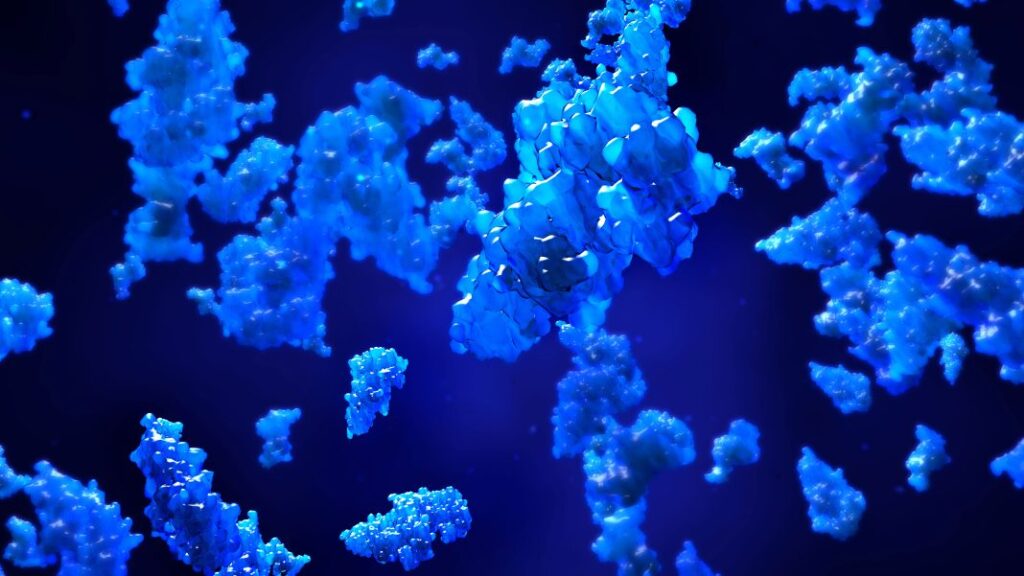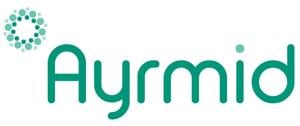
Recent advancements in biotherapeutics monitoring were highlighted at the BioProcess International (BPI) Conference in Boston, where Anis Khimani, PhD, a senior strategy leader at Revvity, introduced innovative solutions for managing residual host cell impurities. These impurities, which include host cell proteins (HCP) and host cell DNA (hcDNA), pose significant risks to the efficacy and safety of therapeutic products.
Biotherapeutics, particularly large molecules, are produced using mammalian host cells. The purification process involves complex mixtures that can include growth media and residual cellular material. Identifying and eliminating HCPs and hcDNA is essential to prevent adverse immune responses and ensure the biological activity of the final product.
Challenges in Purification and Monitoring
While many HCPs can be effectively removed, the detection of low-abundance proteins remains challenging. Traditional analytical methods, such as enzyme-linked immunosorbent assay (ELISA) and liquid chromatography-mass spectrometry (LC-MS), often struggle with these impurities. The absence of comprehensive and well-annotated HCP sequence databases further complicates identification efforts.
Similar difficulties arise with hcDNA removal. Chromatin, which consists of genomic DNA and histone proteins, can bind to purification resins, ultimately affecting yield by co-eluting with the therapeutic product.
Innovative Solutions for Enhanced Detection
To address these challenges, Revvity offers a suite of research-use-only (RUO) platforms designed to detect both hcDNA and HCPs across various host cell types commonly used in therapeutic protein and antibody production, as well as in cell and gene therapy applications. The HostDetect PCR DNA Quant Kits provide molecular assays for independent genome DNA detection for three key host cell types: CHO, HEK293, and E. coli.
These assays boast a wide dynamic range, minimizing the need for multiple dilutions, and precision that aligns with International Council for Harmonisation (ICH) guidelines. The setup allows for flexibility in sample input and can scale up to 192 reactions per kit. Notably, the speed of these assays enables real-time monitoring using PCR thermal cyclers, moving beyond traditional end-point testing. An internal control is included to ensure compliance with Good Manufacturing Practice (GMP) testing requirements.
For HCP detection and monitoring, Revvity provides no-wash immunoassay kits based on bead and time-resolved fluorescence resonance energy transfer (TR-FRET) technologies, specifically tailored for CHO and HEK293 host cells. The AlphaLISA and HTRF assays facilitate same-day in-process monitoring, boasting a coverage spectrum that detects between 96% and 99.8% of HCPs.
These innovative assays significantly reduce hands-on time and total assay duration, delivering results in under three hours. By streamlining the monitoring process while maintaining high reproducibility, the AlphaLISA and HTRF assays are poised to enhance the efficiency of biotherapeutic production. These platforms also support automation and real-time monitoring, enabling high-throughput workflows that ensure the purity of end products.
As the demand for biotherapeutics continues to rise, advancements in monitoring techniques like those presented at the BPI Conference are crucial for maintaining product integrity and safeguarding patient health.






